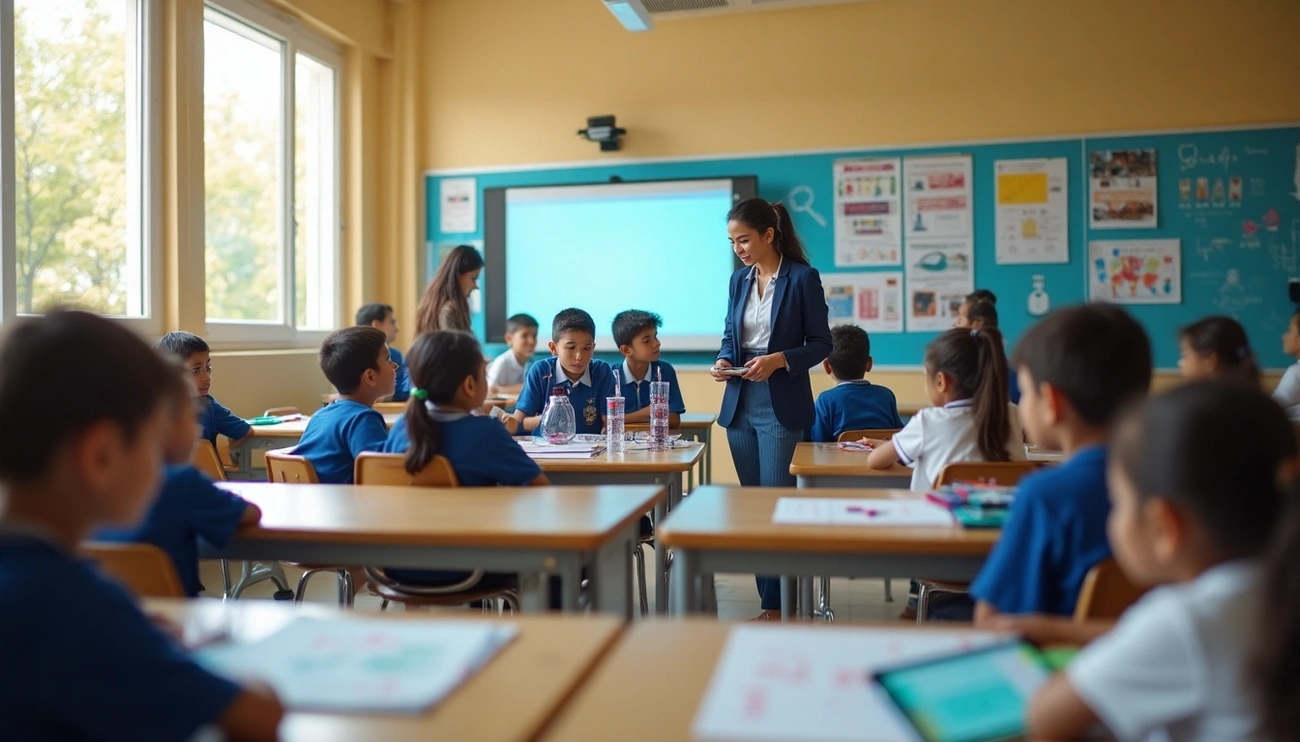Introduction
Good communication aids people in building strong relationships, resolving complications, and sharing their thoughts openly. However, several people find it tough to speak up or recognize others, which can cause misperception or distance. Therapy offers a safe place to talk about these complications and learn better communication methods. Whether you need to recover your relationships at home or at work, therapy can help you connect with others in a more honest and confident way. Getting assistance from a caring Brooklyn therapist can actually make a change.
Key Benefits:
Finds and fixes bad ways of talking: This helps discontinue fights and creates nicer talking.
Teaches good listening and body language: You learn to listen well and notice how people act.
Helps you understand and share feelings: You can say how you feel without getting upset.
Shows how to speak up kindly: You learn to stand up for yourself without being ill-mannered.
Teaches how to solve problems: You learn to deal with arguments in a cool and fair way.
Finds and fixes bad ways of talking
A lot of people pick up bad techniques of talking to others, like interrupting, blaming, avoiding eye contact, or going quiet throughout tough discussions. These habits frequently come from things they went through as kids, previous pain, or fear of being upset or rejected. In therapy, an expert therapist helps people notice these habits and recognize where they come from. They might talk about past involvements, write in a journal, or look thoroughly at their behavior to understand how the past disturbs how they talk now.
Teaches good listening and body language
Good communication is not only about talking — it’s also about listening carefully. In therapy, people learn a skill called active listening. This means paying full attention when somebody is speaking, looking at them, and not interrupting. It also means repeating back what you heard to show you understand, and saying their feelings make sense. People also learn to notice body language, like facial expressions, tone of voice, and how someone moves. These signs can tell you a lot, even without words.
Helps you understand and share feelings
One key goal of therapy is to help people recognize and share their feelings healthily. Many people find it tough to say how they feel, which can cause them to hold in emotions or unexpectedly get very upset. Therapy teaches emotional skills, like knowing what you’re feeling, naming it, and expressing it securely. It also aids people in describing the change between similar emotions, like anger and sadness, and finding simple words for tough feelings. Tools like writing in a journal, breathing workouts, and talking about feelings in therapy can make it easier.
Shows how to speak up kindly
A common problem in communication is finding the correct balance between being quiet and being too forceful. Passive people frequently stay silent and don’t speak up as they are afraid of upsetting others. Aggressive people speak in ways that can hurt or overlook others’ feelings. Therapy teaches people how to be assertive, which means talking openly and kindly while standing up for themselves. In treatment, people learn to set limits, question what they want without feeling bad, and say “no” without fear.
Teaches how to solve problems
Conflicts happen in each relationship, but how people deal with them creates a big change. If somebody yells, blames, or stays silent all through fights, it can hurt the relationship and break trust. However, when people resolve complications calmly and respectfully, it can bring them closer. Therapy provides a safe place to talk about what causes the fights and how to switch them well. People learn to say how they feel using “I” statements, listen without cutting each other off, know each other’s feelings, and work together to find solutions.
Conclusion
In conclusion, therapy can help people talk and listen better by first assisting them in recognizing themselves and others. It provides a safe place to talk about feelings, learn new techniques to speak kindly, and discontinue bad habits like yelling or remaining silent. In therapy, people learn skills like listening carefully, speaking up without being rude, and knowing their own emotions. They, too, learn how to stay calm throughout arguments and say what they want clearly.


